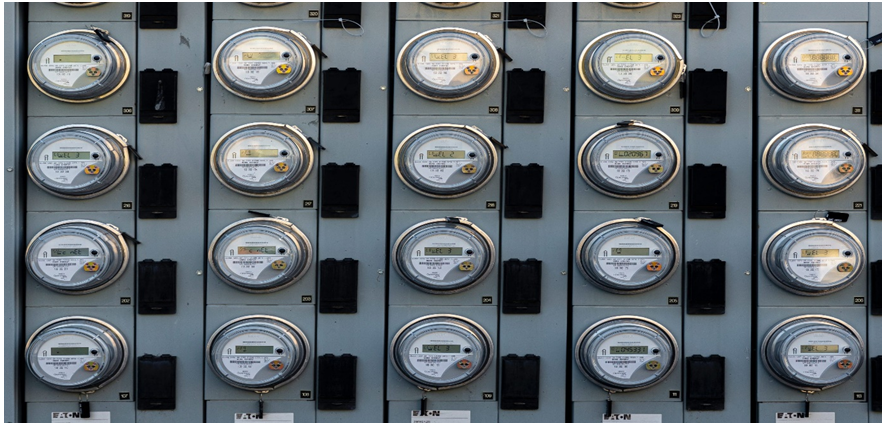INP-WealthPk
Amir Saeed

Pakistan’s power sector faces significant challenges, particularly the inefficient metering infrastructure, resulting in enormous revenue losses. Talking to WealthPK, Dr Muhammad Amjad, Chief Executive Officer of Islamabad Electric Supply Company (Iesco), said that the country’s current metering system was outdated, with the majority of meters being manual or electromechanical. “These meters are susceptible to errors, tampering, and data manipulation. The lack of precise metering causes major revenue losses for distribution companies (Discos).” He pointed out that the lack of a centralised data management system was one of the obstacles facing the power sector. “Distribution companies use manual data entry, which is prone to errors and delays, making it difficult to track energy consumption patterns, detect areas of energy loss, and maximise energy distribution.”
He highlighted that implementing the Advanced Metering Infrastructure (AMI) system could transform the power sector by improving billing quality, lowering losses, and offering consumers a more transparent and efficient service. “This would play a crucial role in ensuring a sustainable and reliable energy supply for the future.” Amjad explained that the AMI system would eliminate power theft via real-time monitoring and transmission control. “This system will allow for round-the-clock observation of electricity meters, resulting in precise billing and reduced power sector losses.”
He further explained that the AMI system would resolve consumer complaints about incorrect or excessive invoicing and reduce loadshedding. “Furthermore, it will reduce human interventions in meter readings, improve customer service, give precise measurements for correct billing, and give the consumers more control over their energy use.” Talking to WealthPK, Tauseef Farooqi, former chairman of National Electric Power Regulatory Authority (Nepra), said that the lack of accurate meter readings was a significant issue, leading to billing discrepancies and consumer complaints. “Manual meter reading is a time-consuming process, and meter readers often face difficulties in accessing meters located in remote or hard-to-reach areas.”
He highlighted that the AMI system can be used to cut the costs associated with manual meter readings, as automated readings will be 100% accurate and timely. “The system would enable the distribution companies to reduce non-technical losses, resulting in a more efficient and dependable electricity distribution system.” AMI offers a significant advantage by enabling remote meter reading, thus eliminating the need for physical meter readings, and saving time, resources, and labour costs associated with manual meter reading. Distribution companies would be able to access accurate consumption data without the need for manual interventions.
Tauseef suggested that the government and power sector stakeholders must work together to develop a comprehensive plan for the adoption of AMI technology in the country. “The plan should include the installation of AMI meters across the country, trainings for Discos staff, and the establishment of a centralised data management system.”
Credit: INP-WealthPk




